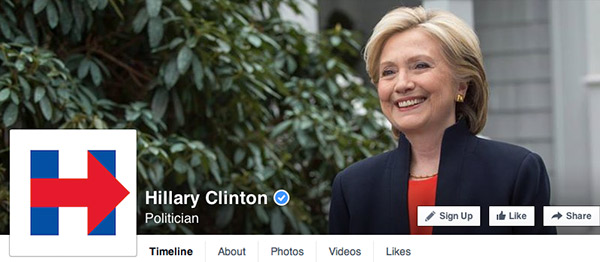Editors at National Review Online side with the president in his criticism of the World Health Organization.
President Trump announced that he would halt funding to the World Health Organization (WHO) pending an investigation into the agency’s handling of the coronavirus pandemic. The White House based its decision on a series of misleading statements issued by the WHO, as well as on director general Tedros Adhanom Ghebreysus’s effusive praise of the Chinese government. (Not coincidentally, China backed Tedros’s bid to lead the organization in 2017.)
Critics charge Trump with scapegoating the WHO for the administration’s failures, while others caution that pulling funding will weaken efforts to combat the pandemic. They are wrong on both counts.
It’s no secret that the White House got off to a late start in combating the coronavirus. Trump downplayed the threat of the disease even as the Centers for Disease Control and Prevention warned Americans to brace for an outbreak, and we criticized him for it. But this obviously doesn’t vindicate the World Health Organization. We noted its failures last week.
Tedros objected to Trump’s correct decision to impose travel restrictions on China, claiming it would “have the effect of increasing fear and stigma, with little public health benefit” — a stark contrast with his deferential statements about China’s response. In mid January, the WHO announced that there was “no clear evidence of human-to-human transmission of the novel coronavirus,” despite numerous reports to the contrary. Parroting Chinese misinformation wasn’t enough for Tedros: He went on to praise the Chinese Communist Party for “setting a new standard for outbreak control.” Later, Tedros overruled the objections of WHO colleagues and delayed the declaration of a public-health emergency, which cost the world precious time in preparing for the pandemic.
Follow Carolina Journal Online’s comtinuing coverage of the COVID-19 pandemic;s impact in North Carolina. You’ll find the latest strories here.


